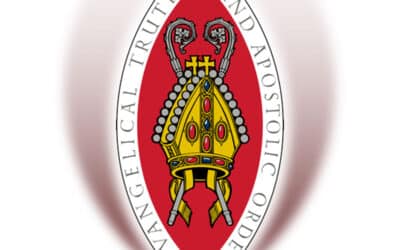In chapels, churches, cathedrals and monasteries the world over, the beginning of the month of November is a time of “Remembrance”. We remember All the Saints on the first of November, All Souls (the faithful departed) on the second of November and on the eleventh of November the war dead of the two great wars of last century along with those who have died in conflicts waged ever since. We also slip in an additional remembrance on the fifth of November when we remember Guy Fawkes with fireworks and the burning of effigies. At the start of the month of November we remember a lot of things. It really is a time of “Remembrance” par excellence.
Remembering generally involves a “calling to mind”, a “recalling”. We call to mind faces, facts, figures, addresses, telephone numbers. We recall happy times, sad times, good times and bad. It is a fairly routine activity, fleeting, mostly inconsequential. We do it all the time. Remembering in a Christian way, however, is very different indeed. This kind of remembrance is known as anamnesis. It goes much further and deeper than simply calling to mind or recalling. In the Eucharist, when we remember Christ’s blessed passion and death, his glorious resurrection and ascension, we do so in such a vivid, spiritual and sacramental way that Christ’s passion, death, resurrection and ascension become real, once again, in the present moment, they come alive and effective, once again, in the here and now.
In a similar way, when we remember All the Saints, we don’t just call to mind their names and deeds, we remember them as living in another dimension with power to intercede on our behalf. When we remember All Souls, we don’t just recall and give thanks for loved ones whom we have loved and lost and now see no more, we remember them as being among the blessed ones, in the nearer presence of God, enjoying rest eternal and light perpetual, which is our ultimate goal too. And when we remember the war dead, the millions of people who have made the ultimate sacrifice and given their yesterday for our today and tomorrow, we don’t just call to mind their bravery and sacrifice, we remember the justice and peace they fought and died for and our responsibility to follow in their footsteps.
In this season of Remembrance, may your remembering be more than calling to mind and recalling; instead, may it embody the full depth of Christian anamnesis, which makes real in the present what happened in the past and all the more effective for that.
Gerry Creaney

